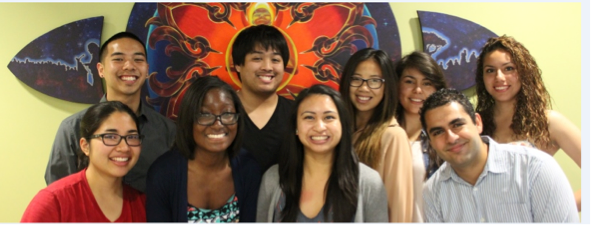W7 |06-01-2020| Cross-Cultural Students in the Classroom

An English teacher has the blessing of seeing a lot of cultures interact in his classroom. This is a language many seek to learn, so it brings the opportunity to get to know different parts of the world all within four walls. It is not always easy. The differences students can bring, that come from their cultural backgrounds, can conduct to miscommunication, confusion, and miss-treatment. Generalization is something that shouldn't be brought or used in a English class.
The teacher might be treated with more respect by Asian students than by American ones. while Asian students would remain silent and listen to the professor, American students might interrupt the teacher and express their opinions. On the other hand, American teachers can be perceived more approachable. This is a feature expected by American students, yet a reason of marvel by foreign ones.
In a typical American classroom, at university levels at least, it seems common from students to arrive late without apologizing, interrupt the professor to express themselves, eat while in class, talk among them, pack their things minutes before class ends, make a claim on their grades, among other situations. The fore-mentioned events can be perceived by students from other cultures as disrespectful, rude, and bold. The teacher is usually an authoritarian figure in other cultures, and treated differently.
Now, an American teacher could say those acts from students don't bother him, or that he doesn't find those actions disrespectful. This is about the perception from a different eye under its own paradigms. Because of this, a teacher should consider how his students will perceive things in the classroom and prevent possible problems. On the contrary, the good practices a teacher could show to his students might help them see how great an educational experience can be with different features than those they were used to in the past.
@gaeljosser
TESOL 103 Class Assignment - BYUI